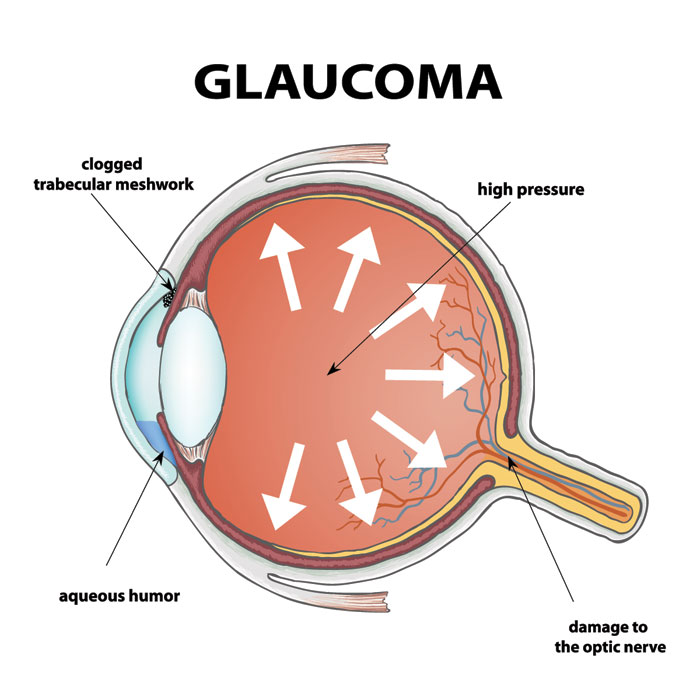The Hidden Connection: Does Stress Really Affect Glaucoma?
Understanding Stress and Its Impact on Health
Stress is a natural reaction to challenging or threatening situations, triggering hormonal changes like increased cortisol and adrenaline levels. While short-term stress can help in high-pressure scenarios, chronic stress can harm overall health. It often leads to conditions such as anxiety, depression, hypertension, diabetes, and heart disease.
Common stress triggers include work demands, financial concerns, relationship issues, traumatic experiences, and major life changes. When stress becomes prolonged, it impacts both physical and mental well-being, and even eye health. Temporary effects like eye strain and dryness are common—but can stress contribute to something as serious as glaucoma?
Is There a Link Between Stress and Glaucoma?
Research exploring the relationship between stress and glaucoma is still limited. However, some studies suggest a possible connection:
Individuals with normal-tension glaucoma (NTG)—a type of open-angle glaucoma—often report higher stress levels compared to those without NTG.
Other findings suggest stress may raise intraocular pressure (IOP), which is a primary risk factor for glaucoma. Increased IOP can damage the optic nerve, potentially leading to disease progression.
Despite these observations, evidence remains inconclusive, and many studies report conflicting results. This means the exact connection between stress and glaucoma is still under debate.
Medical Insights on Stress and Glaucoma
Eye specialists and health experts generally agree that stress influences overall eye health. However, there is no solid consensus that stress directly causes glaucoma. The prevailing view is that stress might worsen existing glaucoma or contribute to elevated IOP, but on its own, stress may not be enough to trigger the disease. More research is needed to establish a definitive link.
How Stress Management May Help Eye Health
Even without conclusive evidence, controlling stress benefits your health and could help reduce the risk factors associated with glaucoma. Here are effective stress-management techniques:
Exercise regularly: Physical activity reduces stress hormones, boosts endorphins, and supports cardiovascular and eye health.
Practice meditation or mindfulness: These techniques promote relaxation and mental clarity, helping to lower stress levels.
Eat a nutrient-rich diet: Foods high in antioxidants, vitamins, and minerals support both mental well-being and eye health.
Get sufficient sleep: Quality sleep restores the body and lowers overall stress.
Seek professional support: If stress becomes overwhelming, consulting a mental health professional is a proactive step.
Final Thoughts
While research does not fully confirm stress as a direct cause of glaucoma, its impact on overall health and potential influence on eye pressure make stress management important. Taking steps to reduce stress can enhance both your mental health and eye health, helping minimize risks related to glaucoma. Until science offers clearer answers, focusing on healthy habits and stress control remains a valuable strategy for long-term well-being.




